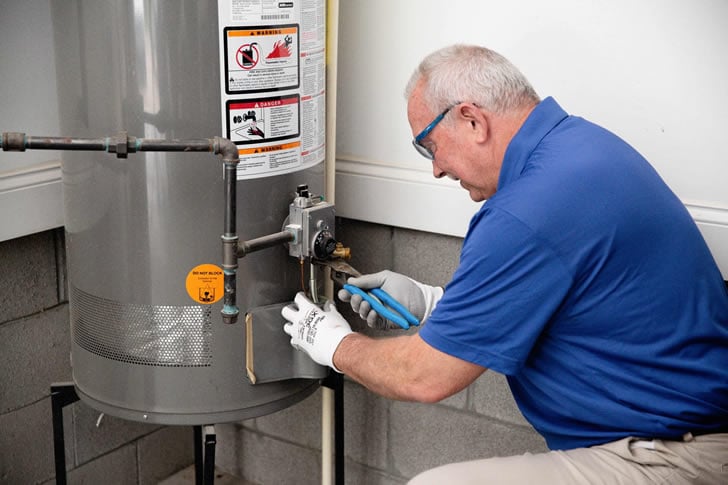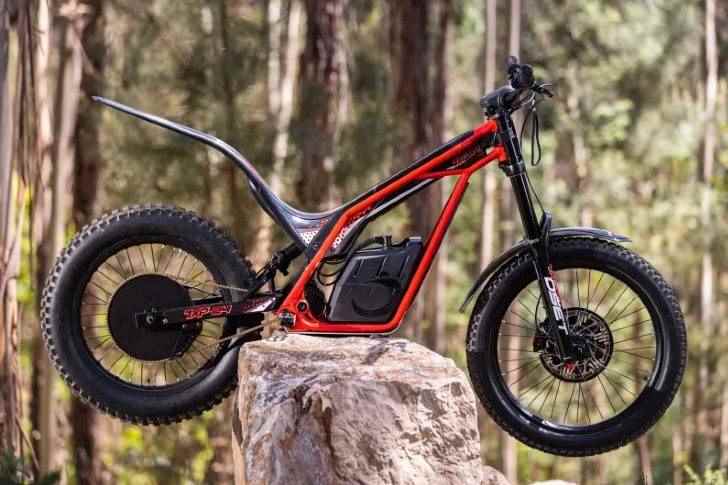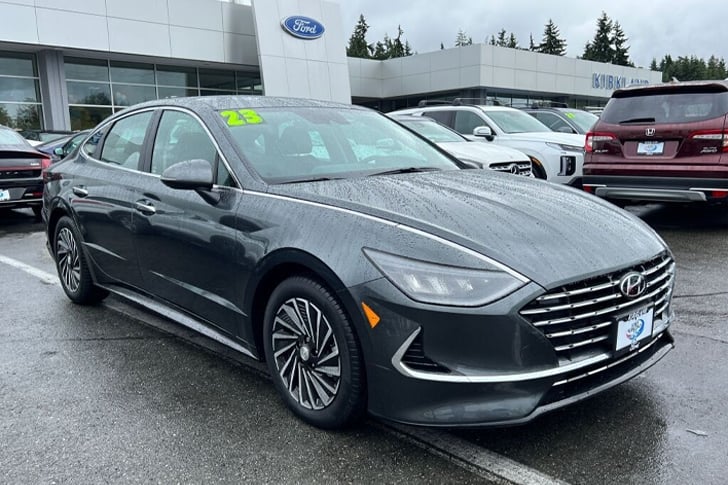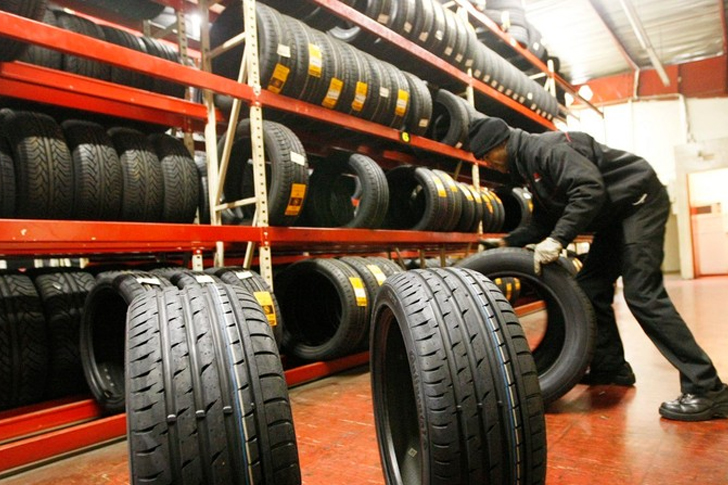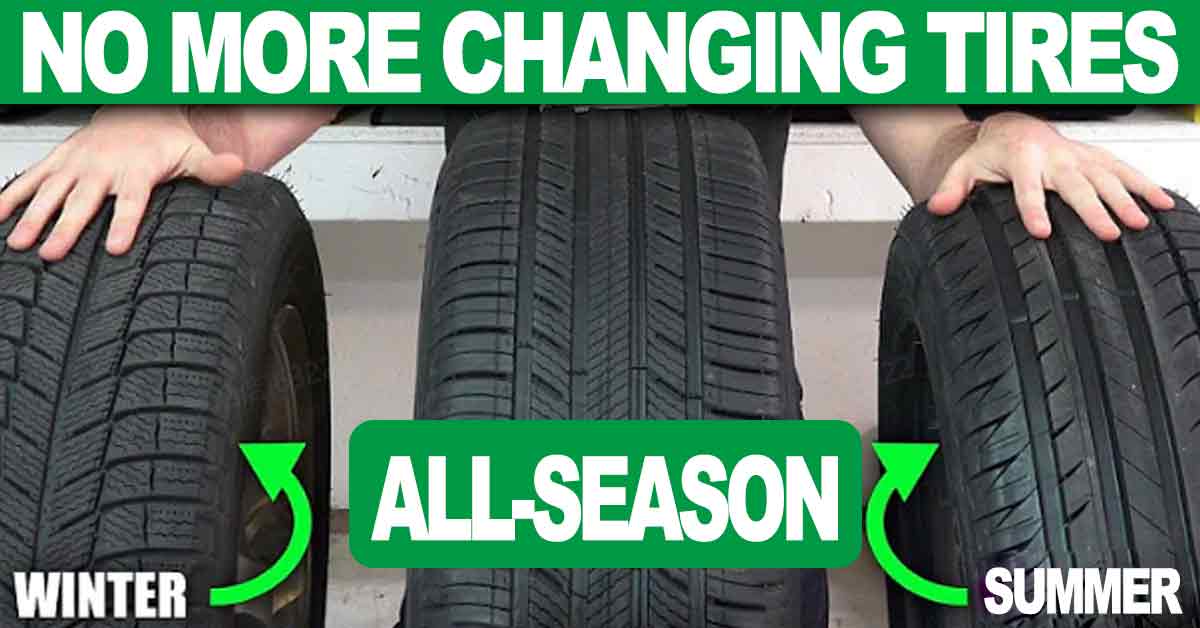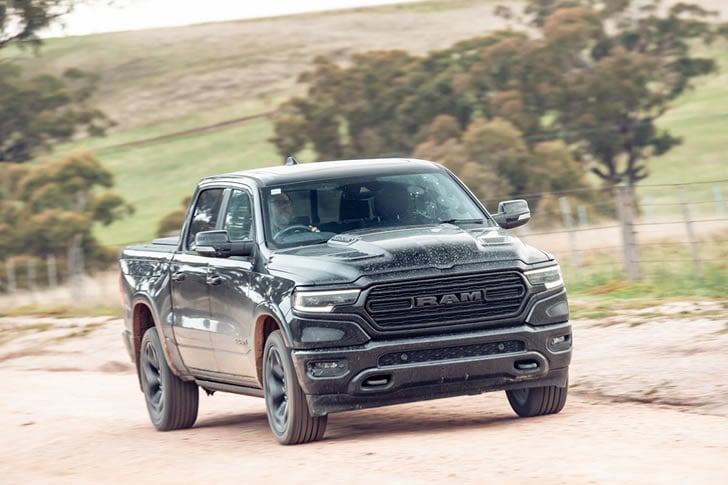Maximizing Affordability: Leasing a Chevy Equinox
Leasing a Chevy Equinox can be an affordable way to enjoy a reliable and stylish vehicle. Here are some tips and advice to help you get the top deal.
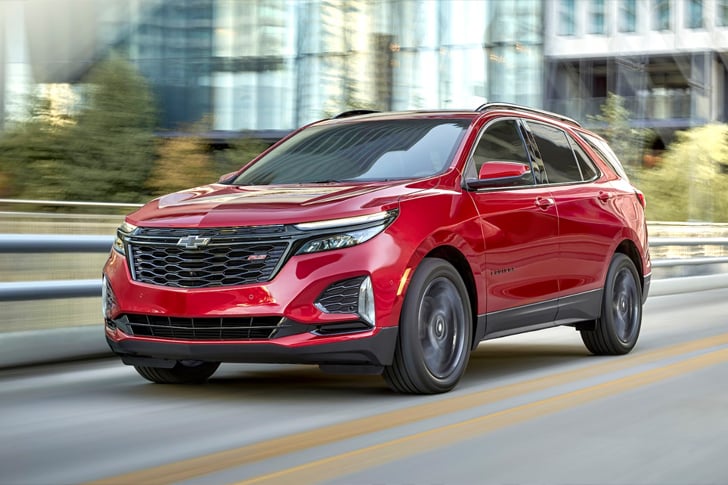
Leasing a Chevy Equinox can be an affordable way to enjoy a reliable and stylish vehicle. Here are some tips and advice to help you get the top deal.
Understanding Leasing: Chevy Equinox Basics
What is Leasing?
Leasing a vehicle means you pay a monthly fee to use the vehicle for a specified period, typically 24 to 36 months, rather than buying it outright. At the end of the lease term, you have the option to return the vehicle, purchase it, or lease a new car.
Why Choose a Chevy Equinox?
The Chevy Equinox is a popular compact SUV known for its stylish design, advanced technology, and fuel efficiency. It's a great choice for those needing a reliable and versatile vehicle for daily commuting, family trips, or weekend adventures.
Benefits of Leasing a Chevy Equinox
Lower Monthly Payments:
Leasing often requires a lower monthly payment compared to financing a new vehicle purchase.Newer Models:
Leasing allows you to drive a new vehicle with the latest features and technologies every few years.Maintenance Packages:
Many lease agreements include maintenance packages, reducing unexpected repair costs.Tax Benefits:
In some regions or for certain buyers, there may be tax advantages to leasing.Tips for Leasing a Chevy Equinox Affordably
1. Research Incentives and Dealer Offers
Before you visit the dealership, research any manufacturer incentives, special lease offers, or dealer promotions. Chevy often provides promotional lease deals that can significantly lower your monthly payment.
2. Understand the Total Cost
When comparing lease offers, look beyond the monthly payment. Consider factors like the initial down payment, interest rates (money factor), mileage limits, and end-of-lease charges. A lower monthly payment might come with higher up-front costs or restrictive terms.
3. Negotiate the Purchase Price
Very people don’t realize that they can negotiate the purchase price of the car even when leasing. The lower the negotiated purchase price, the lower your lease payments will be. Treat the lease negotiation similarly to buying a car.
4. Check Your Credit Score
Your credit score significantly affects the lease terms you'll be offered. A higher credit score can qualify you for better rates and lower payments. Check your score in advance and correct any issues to improve your credit standing.
5. Choose the Right Lease Term
Select a lease term that aligns with how long you plan to use the vehicle. While shorter lease terms may have higher payments, they allow more frequent upgrades to newer models. Longer terms can save money but may have higher maintenance costs as the vehicle ages.
6. Limit Your Mileage
Lease agreements include mileage limits, usually between 10,000 to 15,000 miles per year. Exceeding this limit results in additional charges when you return the vehicle. Estimate your annual mileage accurately and choose a lease plan that matches your driving habits.
7. Maintain the Vehicle
To avoid end-of-lease penalties, keep the vehicle well-maintained and stay within the agreed-upon condition standards. Follow the maintenance schedule and address any minor repairs promptly.
8. Consider Gap Insurance
Gap insurance covers the difference between the car's lease value and what your insurance company will pay if the vehicle is totaled or stolen. It's an important consideration, ensuring you're not financially liable for a gap between your car's value and the lease payout.
Leasing vs. Buying: Making the Right Choice
Pros of Leasing
Lower Monthly Payments:
Leases tend to have lower monthly payments compared to car loans.Lower Upfront Costs:
Leasing often requires a smaller down payment than buying.No Resale Hassle:
You can return the car at the end of the lease term without worrying about selling it.
Cons of Leasing
Mileage Restrictions:
Leases typically come with mileage limits and charges for excess use.No Ownership:
You do not build equity in the vehicle, as you would with buying.Potential Fees:
There may be fees for excessive wear and tear or exceeding mileage limits.
When to Consider Buying
Long-Term Use:
If you plan to keep the car for many years, buying may be more cost-effective.High Mileage Driving:
If you drive a lot, buying eliminates concern about mileage limits.Customization:
Buying allows you to modify the vehicle as you wish.
Conclusion: Making an Informed Decision
Leasing a Chevy Equinox offers excellent affordability and access to a high-quality vehicle, but it's important to understand the terms and negotiate effectively. By doing your research, understanding the lease agreement, and planning for associated costs, you can enjoy driving your new Equinox without breaking the bank. Whether leasing or buying, the key is to align the decision with your financial situation and lifestyle needs.


